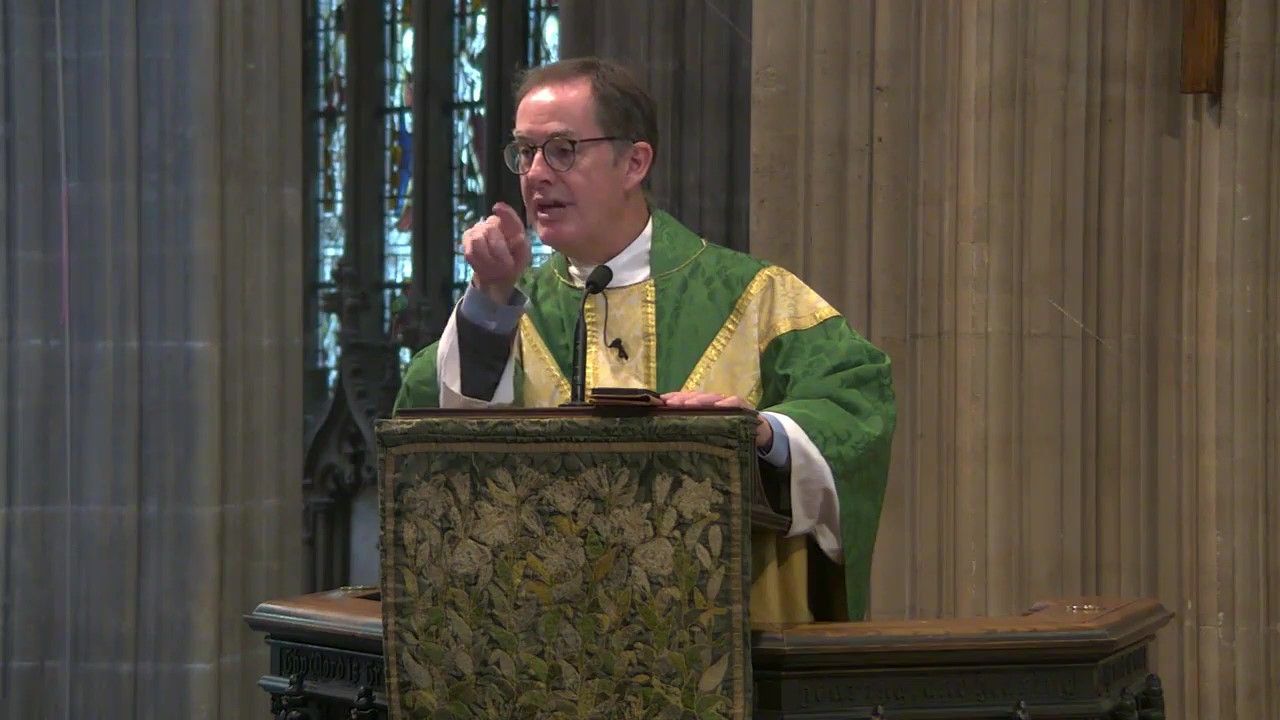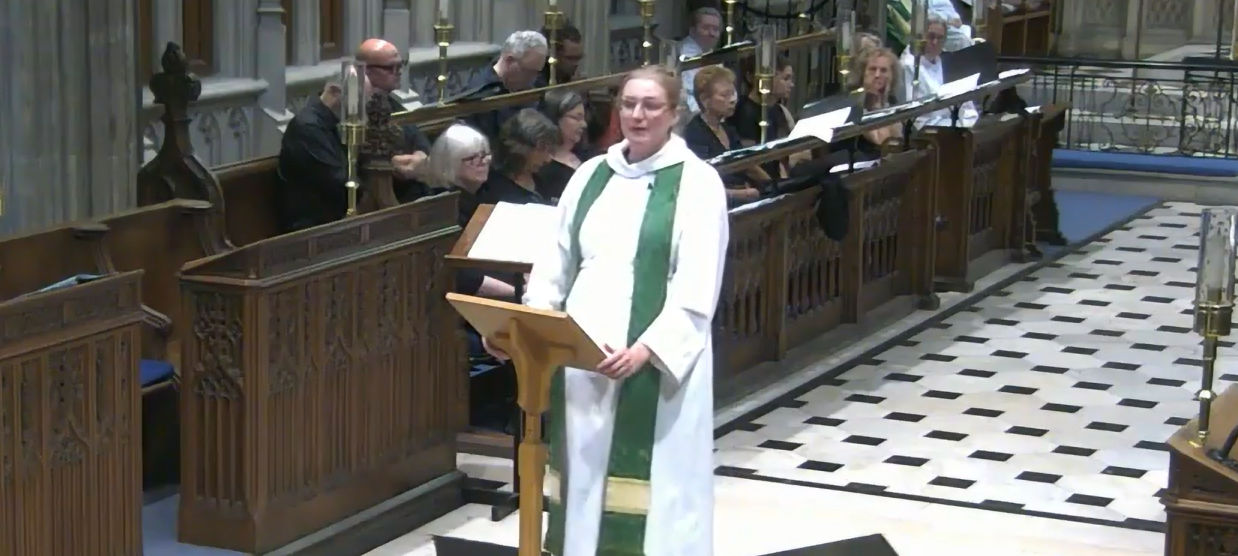Lilies of the field
The commandment most often prescribed in the bible - in both our New Testament and in the Hebrew scriptures - is not one that demands we do this or believe that. No. Rather it is one that addresses an element of humanity that has haunted us for generations. Since before Abraham was Abraham, God has been trying to assure us that we do not need to be afraid ... of God, of what God wants from us and for us, of our relationship with God.
We hear it again in this Sunday's gospel passage. Jesus is saying to the crowd: Do not worry about what you will eat or what you will wear. He uses the image of the lilies in the field and the birds in the air to make his point. They don't sow or reap, they don't toil or spin, and yet "even Solomon in all his glory was not clothed like one of these." Here is Jesus, the comforter, assuring us that we need not worry, after all no-one by worrying has added an inch to their height or an hour to the length of their life. Here is Jesus, the comforter, assuring us that we need not worry ... about tomorrow, for today's troubles are enough for today.
If ever we need to see this truth lived out in action: look at Syria and Turkey following the devasting earthquake. You will have heard that the Disasters Emergency Committee has launched an appeal to aid this extraordinary humanitarian crisis. If you haven't already, I urge you to give what you can to the DEC or one of its partner charities. DEC APPEAL
Today's troubles are enough for today. If this is Jesus' philosophy, then this passage is not about not worrying, but about not worrying about the wrong things. If Jesus is acknowledging that today brings troubles and concerns that we should acknowledge and face and address, then he's not telling us to rise above the realities of life and somehow inhabit an existence of unalloyed joy and harmony.
I fear that our interpretation of Jesus, making him be what we want him (or need him) to be, can sometimes be a distortion: "Gentle Jesus meek and mild" may sound sweet when prayed, but is readily contradicted when the pages of the gospel narratives are examined with open eyes and open hearts.
The worries of today - be that personal grief, anxiety or tension in relationships; be that larger concerns like the cost of living crisis, the war in Ukraine or the earthquake in Syria and Turkey - the worries of today are real, they do exist and Jesus is not telling us to live as if they don't.
Indeed, it seems to me that he is doing the opposite. Rather than pretending today's troubles are imaginary, Jesus is encouraging us face them, address them and (when possible) overcome them. But not to do this out of our own self-interest or in the expectation of personal gain. Again, no. Rather, Jesus bids us "strive for the kingdom of God and God's righteousness": not just when we consider the troubles of tomorrow but also when we address the troubles of today.
Dan Tyndall
10 Feb 2023






